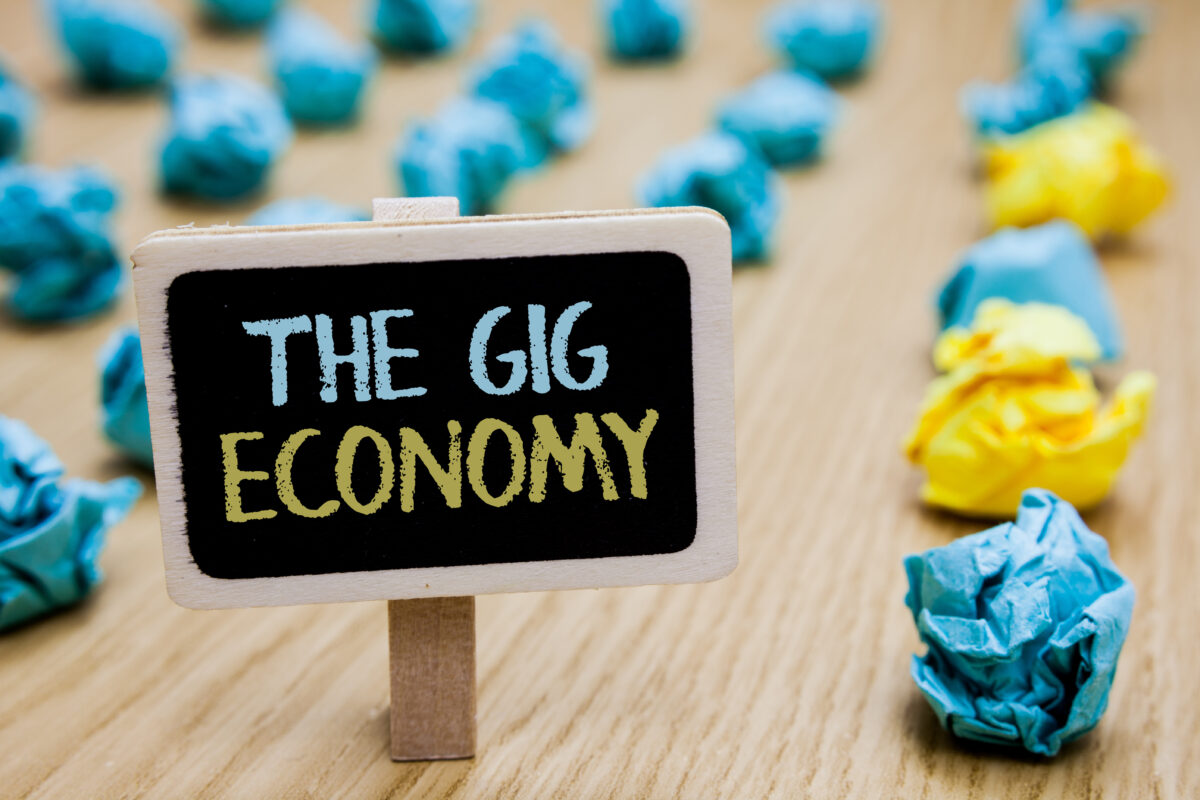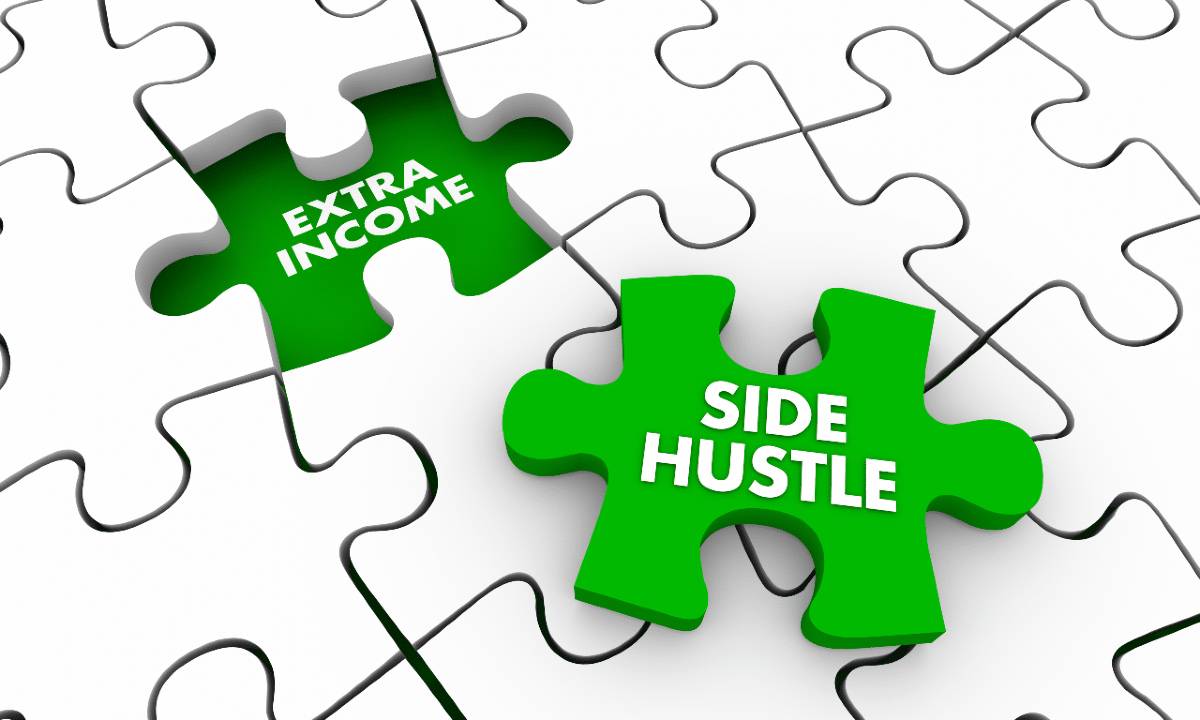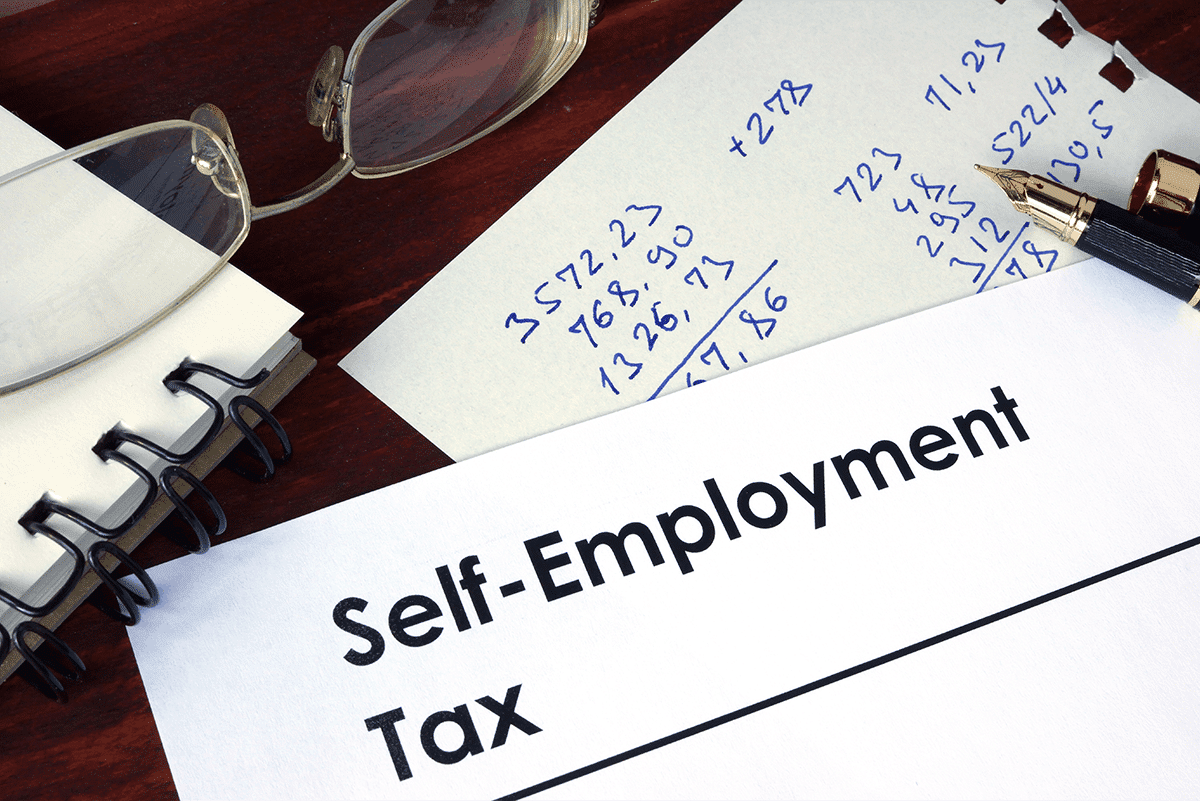Debt is rising in Canada, with the average Canadian owing about $1.70 for every $1 of disposable income. Low-interest rates encouraged a steady rise in mortgage debt as well.
Even without COVID-19, it’s always been common for millions of Canadians to struggle with debt. Student loans, credit cards, payday loans, and tons of other debt burden many Canadians.
Of course, there are plenty of solutions to debt. Including debt consolidation, bankruptcy, and more. One popular solution that many Canadians embraced recently is the side hustle. Also known as gig work. We’ll dive into the gig economy definition, benefits of gig work, the best side hustles, and more ways to get out of debt.
What Is a Gig Economy?
A gig economy is a mini, localized marketplace. Individuals or businesses perform work for other individuals or businesses. Temporary, flexible, contract and freelance work are common in this market. The types of work you can find are endless in a thriving gig economy. You can work delivery service gigs like Uber or DoorDash, or part-time at a restaurant. Many gig workers also freelance as web designers and writers. Interested individuals can find freelance jobs through online platforms like Upwork Canada and Fiverr. There, you may find a skill you have is in demand in the gig economy.
Payment methods vary. However, there’s usually more flexibility than the usual bi-weekly paycheque. Some gig workers have cash jobs. While others charge international currencies through money transfer services. As a gig worker, you decide your own payment terms.
Gig work offers more flexibility and freedom in careers. Also, it offers cost savings and sometimes better efficiency for employers and businesses. The gig economy even leaks into the academic industry. Universities often hire part-time professors to meet immediate staffing needs and save money.
The COVID-19 pandemic strengthened the gig economy. It uprooted the traditional 9 to 5, in-office work model. The flexibility with remote work offered millions of people extra time in their day to participate in the gig economy. The pandemic also encouraged a preference for a new lifestyle. Many people chose to continue that flexible lifestyle with gig works instead of 9 to 5s.
More Money, Less Problems
Wondering how to make money with gig work, or how to make money from home? Gig economy workers experience countless benefits from gig work. The extra money can help them with many personal and financial goals.
Pay Down Debt
Many people use gig work to get out of debt. With extra income each month, it’s easier to increase the amount you put towards debt payments. Of course, some months are more profitable than others for gig workers. You can use the high-cash-flow months to make lump sum payments to help you pay down your debts faster.
Save for the Future
Maybe you have a regular, full-time job that gives you the ability to pay off your debts. If you have a side hustle, you can either enjoy the extra income or put it away for your future.
Enjoy Job Flexibility
The gig economy makes it possible for you to take on work when you want to. For some, this is preferable to the traditional 9 to 5 work model.
Acquire Extra Skills
As mentioned before, the gig economy entails all sorts of work. If you don’t have any solid skills to use as a side hustle, you can either build on existing skills or learn new ones. There are plenty of educational resources to help you learn how to write, code, consult, and more.
How to earn extra income to pay off debt?
There are thousands of different gigs you can choose from to help pay off debt. Some gigs are more lucrative than others, but we all have to start somewhere. Let’s look into the best paying and least paying side hustles, according to a recent side hustle survey. In addition, we’ll explore strategies to eliminate debt.
Best-Paying and Least-Paying Side Hustles
Some of the best-paying side hustles include:
- real estate investment
- management consulting
- investment banking
- hospitality
- accounting
- professional coaching
Some of the least-paying side hustles include:
- farming
- photography
- writing and editing
- music
- cosmetics
Gig Workers Demographic Profile

Image source – payments.ca
Prioritize Debt
Debt Snowball Method vs Avalanche Method
Both of these debt methods work for any type of debt, including credit card debt, student loans, and more. The debt avalanche method entails making minimum payments on all your debts. Except for the one with the highest interest rate. The strategy is to pay off as much of the most high-interest debt as you can. Then, you can focus on the next-highest interest debt after eliminating the first. If you find reducing costs a powerful motivator, the debt avalanche method is ideal for you.
The debt snowball method entails making minimum payments on all debts as well. But instead, you tackle the smallest debt for elimination first. Once you’ve tackled the smallest debt, you move onto the next smallest debt until you’re debt free. Interest rates are not considered here. If you find achieving goals a powerful motivator, the debt snowball method is ideal for you.
While the avalanche method saves you more money in interest, in the end, it requires a lot of discipline. The snowball method is more manageable. But you might spend more money on interest and more time paying off your debts in general.
Additional Strategies for Paying Debt
Create a Budget
Budgeting is the oldest trick in the book when it comes to paying off debt. Keep track of your income and expenses to pay debt off faster using our budgeting tips for COVID-19.
Consolidate Debt
Debt consolidation combines all of your debts into one, single monthly payment. Usually at a favourable interest rate. Many individuals find one monthly payment, as opposed to many, more manageable.
Consider Credit Counselling and Debt Management
Credit counselling entails financial education from credit experts, usually from non-profit organizations. Credit counsellors can also help you manage your debts and negotiate on your behalf with your creditors.
Dealing with Debt
If you have a lot of debt, finding a side hustle in the gig economy might bring you closer to your financial goals. Luckily, there are other options to address debt as well. Talk to one of our credit counsellors today to take the first step towards debt repayment.









